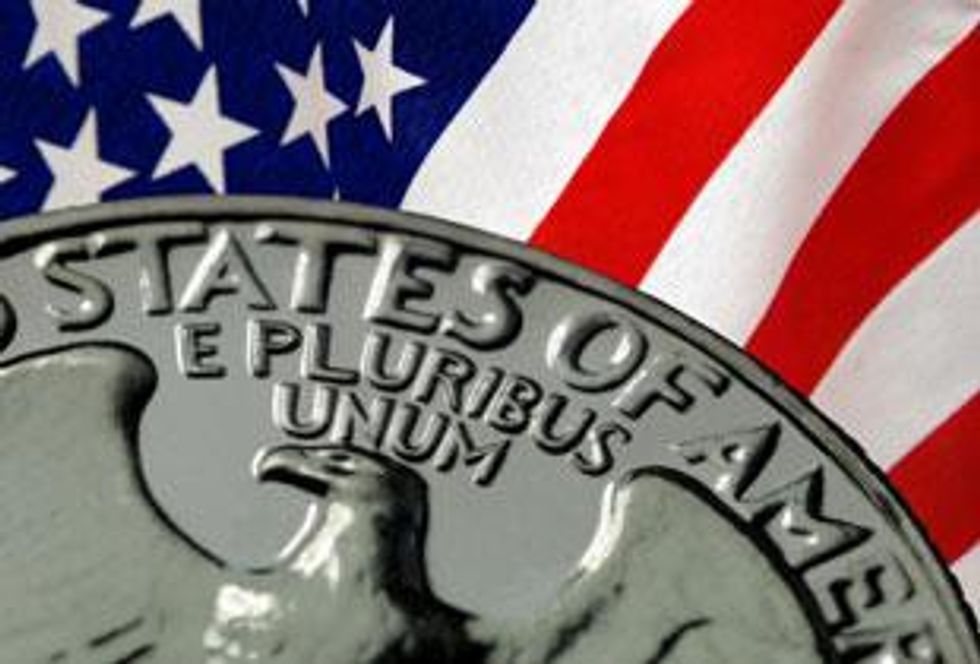United States’ Initiative Underscores Positive Development for Lithium Investors
U.S. Energy Secretary Steven Chu joined seven other U.S. government agencies in launching a Renewable Energy and Energy Efficiency Export Initiative. Lithium investors will be familiar with the mandate of the initiative to promote renewable energy and energy efficiency exports.
By Dave Brown – Exclusive to Lithium Investing News
On Tuesday, U.S. Energy Secretary Steven Chu joined seven other U.S. government agencies in launching a Renewable Energy and Energy Efficiency Export Initiative. Lithium investors will be familiar with the mandate of the initiative to promote renewable energy and energy efficiency exports.
In alliance with the Department of Energy (DOE), the initiative endeavors to support trade missions, industry outreach, and commercial advocacy. This commitment to investing in instrumental market research and discovery that can help focus U.S. government resources for trade promotion will be important for manufacturers of lithium ion battery technology and electric vehicles to demonstrate competitive global positioning.
“Expanding U.S. clean technology exports is a critical step to ensuring America’s economic competitiveness in the years ahead,” said Chu. “The initiatives we are announcing today will provide us with a better understanding of the global clean energy marketplace and help boost U.S. exports.”
Since the inception of the current administration, significant political interest and considerable investment has already been committed towards the electric vehicle market. The DOE has already launched an Electric Drive Vehicle (EDV) Battery and Component Manufacturing Initiative of the American Recovery and Reinvestment Act of 2009 (ARRA), which has been made available to provide approximately $2 billion in federal stimulus in part to promote the development of U.S.-based advanced battery production for the EDV market.
At the beginning of September, Secretary Chu announced that the University of Michigan and the West Virginia University will receive a total of $25 million over the next five years under the U.S.-China Clean Energy Research Center (CERC). This funding will be matched by the grantees to provide at least $50 million in total U.S. funding and will facilitate joint research and development of clean energy technologies by the United States and China. Chinese counterparts will contribute an additional $50 million, with combined funding from both countries totaling $100 million.
Growing Marketshare
The most recent U.S. initiative is the country’s first-ever federal government coordinated effort to support renewable energy and energy efficiency exports. Through the implementation of 23 interagency actions, the objective is to facilitate a significant increase of renewable energy and energy efficiency exports during the next five years, helping to meet the goals of the National Export Initiative and President Obama’s challenge to become the leading exporter of clean energy technologies.
The prospects for U.S. technology exports focusing on this industry are vast. More than 100 countries now have policies to encourage the deployment of renewable energy and energy efficiency technologies. Many of these countries have substantial deployment targets that will drive demand for renewable energy and energy efficiency for years to come. Earlier in the year, China announced a budget of more than $15 billion for electric vehicles to include a draft plan from 2011 to 2020 that the Ministry of Industry and Information Technology may submit this month to the State Council for approval, after seeking feedback from other ministries.
Mining News
Bolivia’s government indicated that it will honor mining companies’ rights in new operating contracts that are to be drawn up. The nation’s new socialist constitution mandated a termination of a concession system in the telecommunications, public utilities, electrical power, forestry and mining sectors, which have been largely nationalized. Several nations and commercial enterprises, including Canadian, Chinese, Japanese, Korean and French investment interests are competing to gain access to the natural lithium resource.
In order to reassure and comfort international investors and potential partners Bolivian Vice President Alvaro Garcia said miners have “nothing to worry about. Nothing will be prohibited. We are simply complying with the constitution and paving the way for new contracts … all the rights (of investors) will be maintained.” Mr. Garcia said transitional regulations will remain in effect until the new contracts are signed.
The government has led a popular drive to control key sectors of the poor nation’s economy, starting in 2006 with the energy industry. An ambitious target was set by the government for 2018 to be in the production phase of metallic lithium, batteries, and a range of value-added products. According to some estimates, Bolivia’s salt flats contain enough lithium, to potentially manufacture batteries for 4.8 billion electric cars. Many economic, technological and political challenges and issues precede the development of the lithium reserves including relatively lower levels of concentration and the aptitude for seasonal flooding, which inhibits the evaporation process.





